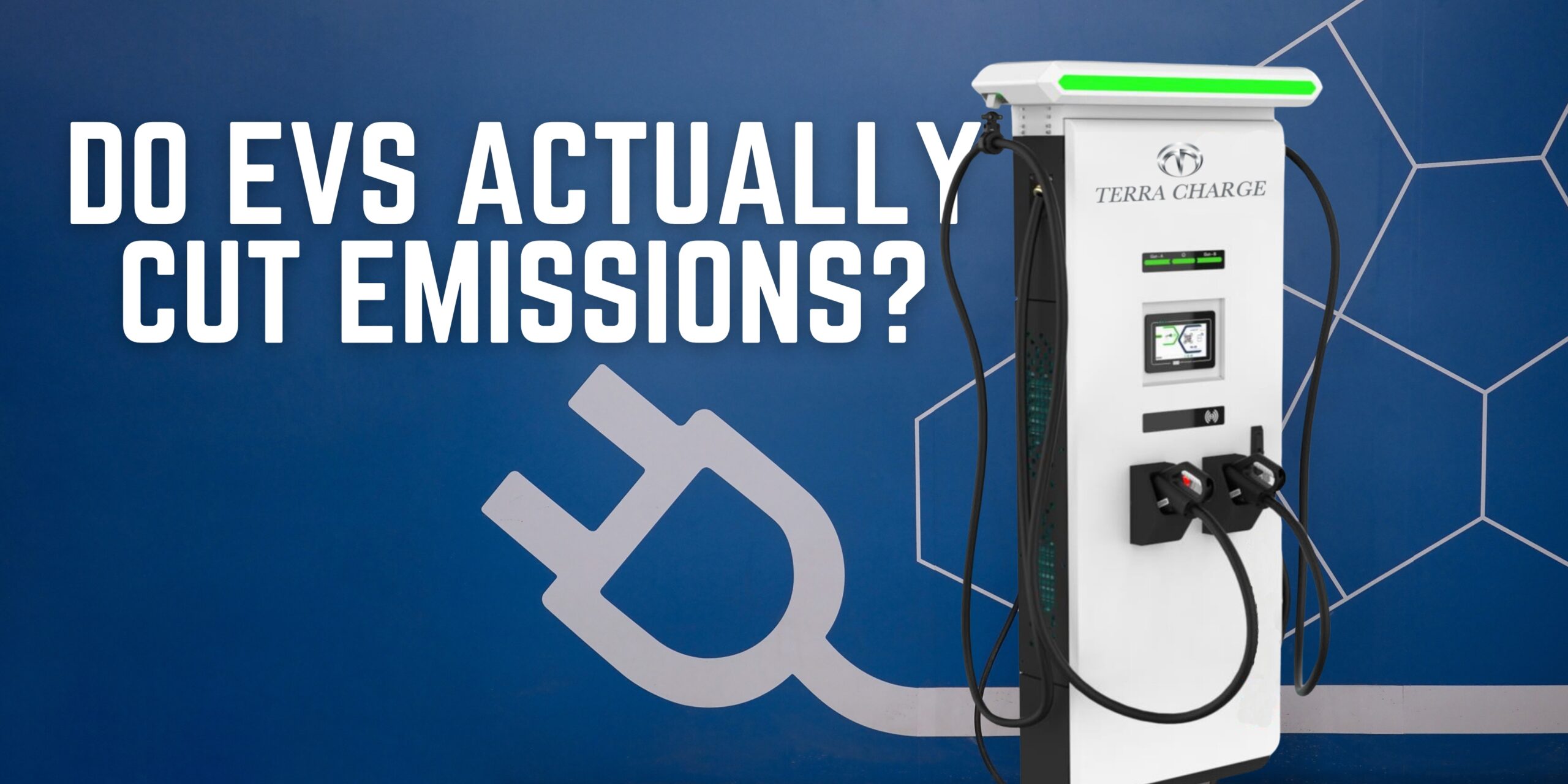
Do Electric Cars Really Cut Carbon Emissions? New Research Says…
February 14, 2024
Electric vehicles are decisively cleaner than conventional gas cars when it comes to lifetime emissions – it’s time to leave old misconceptions behind and embrace EVs as a crucial tool for tackling climate change.
Many still believe EVs simply shift emissions from tailpipes to power plants. But even with today’s electric grids, studies show the average EV in the US produces less than half the emissions of a 50 MPG gas car over its lifespan. As grids worldwide add more renewables, driving an EV becomes like rolling pollution-free.
In fact, EVs charged on the US grid already produce 70-80% lower emissions than gas vehicles when totaled across manufacturing and driving. As grids like California’s approach 50% renewables, emissions are virtually eliminated. Even in Poland which relies heavily on coal power, EVs pollute 25% less lifetime.
Driving electric is a radically cleaner transport option. EVs have an inherent efficiency advantage – power plants convert energy 2-3x more efficiently than small gas engines in cars. So even when powered by natural gas, EVs pollute less overall per mile traveled. Widespread EV adoption directly translates into public health benefits – studies show thousands of premature deaths are prevented annually in the US and Europe as electric mobility cuts particulate emissions.
With smart charging strategies, EVs can align demand with renewable energy production to maximize emission reductions. Concerns about overloading grids are often exaggerated – managed charging keeps grid impacts modest even under high EV uptake scenarios.
The verdict is clear: comprehensive analyses reveal EVs are decisively better for the climate than gas cars and this advantage will only accelerate as renewables expand worldwide. Make no mistake – electrifying transport is an essential pillar of climate action. The cleaner future lies with EVs. It’s time to embrace electric mobility and reap the sustainability benefits today and for generations to come.